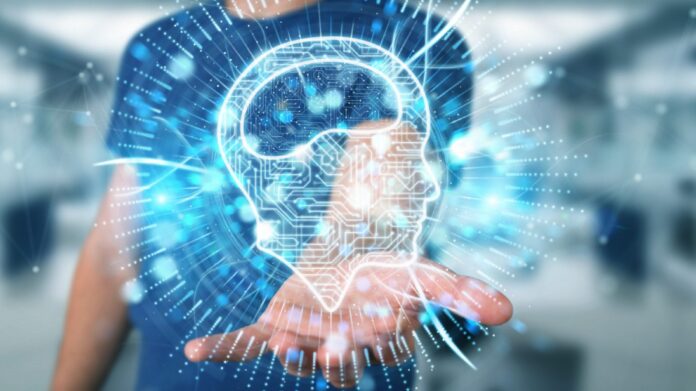The Future of AI: How It Will Shape Our Daily Lives
Artificial Intelligence (AI) has already begun to transform the way we live, work, and interact with the world. From voice assistants like Siri and Alexa to self-driving cars and AI-generated content, the influence of AI is undeniable. But what does the future hold for AI? In this blog, we will explore how AI will shape our daily lives in the coming years.
1. AI in Healthcare: A Revolution in Diagnosis and Treatment
AI is poised to revolutionize healthcare by improving diagnosis, streamlining treatments, and even predicting diseases before symptoms appear. Machine learning algorithms can analyze medical data faster and more accurately than human doctors, leading to early detection of diseases like cancer and Alzheimer’s.
🔹 AI-Powered Diagnosis – AI can scan medical images such as X-rays and MRIs, detecting abnormalities with high accuracy.
🔹 Personalized Medicine – AI-driven data analysis will help create personalized treatment plans based on an individual’s genetic makeup.
🔹 AI Chatbots and Virtual Nurses – These can assist patients by answering medical questions and reminding them to take medications.
2. AI in Transportation: The Rise of Autonomous Vehicles
Self-driving cars are no longer science fiction. Companies like Tesla, Waymo, and Uber are already testing autonomous vehicles, and in the future, AI-driven transportation could drastically reduce traffic accidents and congestion.
🔹 Safer Roads – AI-powered sensors and algorithms can detect obstacles, preventing accidents.
🔹 Efficient Traffic Management – AI can analyze traffic patterns and adjust signal timings to reduce congestion.
🔹 AI in Public Transport – Smart buses and trains may adjust their routes in real-time based on passenger demand.
3. AI in the Workplace: Automation and Job Transformation
AI and automation are changing the workforce, impacting industries such as finance, marketing, customer service, and even creative fields. While some fear job displacement, AI is also expected to create new job opportunities.
🔹 AI-Powered Assistants – AI tools like ChatGPT and Google’s Bard help professionals with research, content creation, and coding.
🔹 Automated Customer Support – AI chatbots handle routine queries, freeing up human agents for complex tasks.
🔹 New AI Jobs – Roles like AI ethics specialists, data scientists, and automation supervisors will become more prevalent.
4. AI in Education: Personalized Learning for Every Student
AI is revolutionizing education by tailoring learning experiences to individual students. Smart tutoring systems analyze students’ progress and adapt lessons accordingly.
🔹 AI Tutors – Virtual tutors can provide instant feedback and personalized lessons.
🔹 Smart Classrooms – AI can monitor student engagement and suggest improvements to teaching methods.
🔹 Language Learning – AI-powered apps like Duolingo use machine learning to enhance language education.
5. AI in Everyday Life: Smart Homes and AI Companions
AI is making homes smarter and daily routines more convenient. Smart home devices powered by AI can adjust lighting, temperature, and security based on user preferences.
🔹 Voice Assistants – AI-powered assistants like Alexa, Siri, and Google Assistant can perform tasks, answer questions, and control smart home devices.
🔹 AI in Shopping – Personalized recommendations and AI chatbots enhance online shopping experiences.
🔹 AI for Security – Facial recognition and smart surveillance systems improve home security.
Challenges and Ethical Concerns
While AI presents exciting possibilities, it also comes with ethical challenges:
🔹 Privacy Concerns – AI systems collect vast amounts of data, raising concerns about privacy and security.
🔹 Bias in AI – AI models can inherit biases from training data, leading to unfair outcomes.
🔹 Job Displacement – Automation may replace certain jobs, requiring workforce adaptation.
To address these concerns, governments and tech companies must ensure responsible AI development through regulations and ethical guidelines.
Conclusion: A Future Powered by AI
AI is no longer just a futuristic concept; it is actively shaping our world. As technology continues to advance, AI will enhance healthcare, transportation, work, education, and everyday life. While challenges remain, responsible AI development can lead to a future where AI improves human life rather than replacing it.
Are you excited about the future of AI? Share your thoughts in the comments! 🚀


